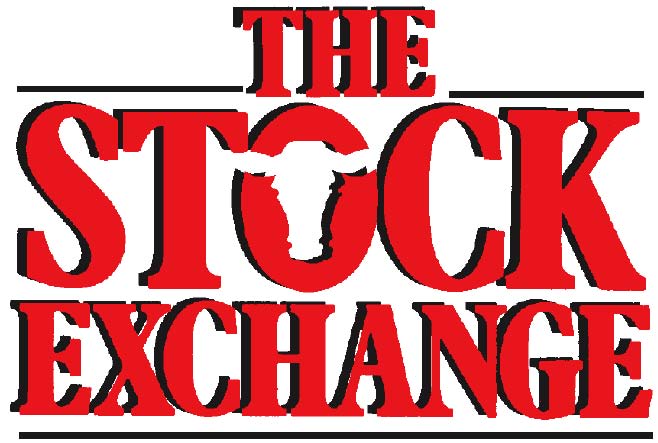Considerations for marketing beef directly to consumers
Products like those sold at the K-State meat lab are offered direct to local customers. Due to the COVID-19 limitations, consumers are looking to farmers and ranchers to fill the void MANHATTAN, Kan. — Most will agree there is nothing that compares to the taste of fresh produce or meat that comes straight from the farm. And in light of perceived food shortages and a desire to know where their food comes from,…
